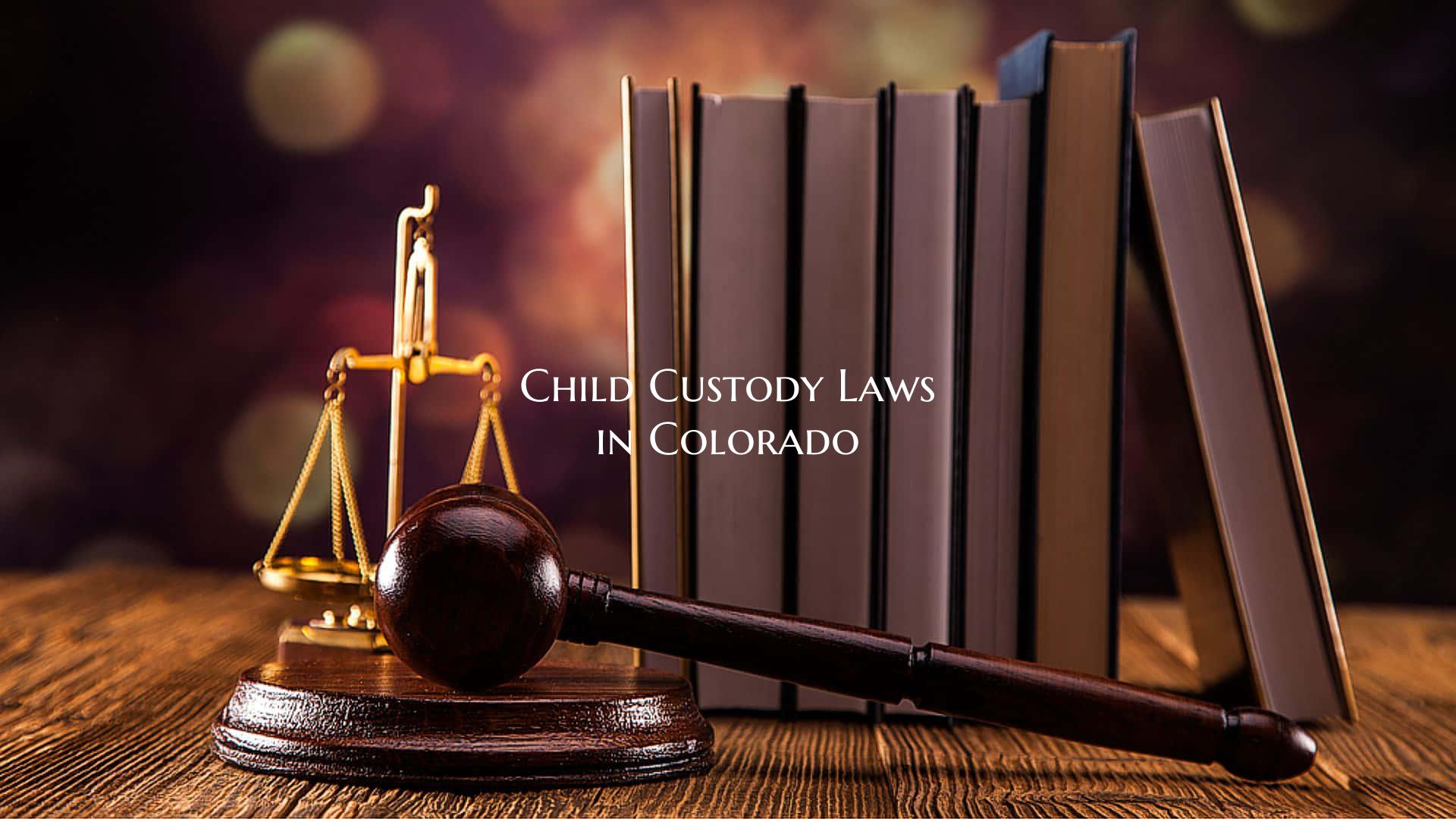
Child Custody Laws in Colorado
Child Custody Laws in Colorado
Child custody laws in Colorado govern how decisions are made regarding the well-being and care of children when parents separate or divorce. Understanding these laws is important for both parents and legal professionals involved in custody cases. Here is an overview of the key aspects of child custody laws in Colorado:
Types of Custody: 1. Legal Custody: Legal custody refers to the right and responsibility of a parent to make important decisions regarding the child's upbringing, such as education, healthcare, and religious upbringing. In Colorado, legal custody can be joint (both parents share decision-making) or sole (one parent has the authority to make major decisions).
2. Physical Custody: Physical custody determines where the child will live. Colorado courts can award joint physical custody where the child spends roughly equal time with each parent, or primary physical custody where the child resides primarily with one parent.
Factors Considered by the Court: When determining custody arrangements, Colorado courts consider the best interests of the child. Factors that may influence the court's decision include: - The child's relationship with each parent - The child's adjustment to their home, school, and community - The ability of each parent to provide for the child's physical, emotional, and developmental needs - Any history of child abuse or domestic violence
Parenting Plans: In Colorado, parents are encouraged to create a parenting plan outlining custody and visitation arrangements. This plan should address the child's schedule, holidays, vacations, and how the parents will make decisions together. If the parents cannot agree on a plan, the court will establish one based on the child's best interests.
Modifying Custody Orders: Custody orders can be modified if there has been a substantial change in circumstances or if the current arrangement is no longer in the child's best interests. It is important to seek legal advice before attempting to modify a custody order.
Enforcement of Custody Orders: If a parent violates a custody order, the other parent can seek enforcement through the court. Remedies may include make-up parenting time, financial penalties, or even a change in custody.
If you are facing child custody issues in Colorado, it is essential to seek guidance from a qualified family law attorney who can help you navigate the legal process and protect your rights as a parent. Understanding the child custody laws in Colorado can empower you to make informed decisions that prioritize the well-being of your child.
